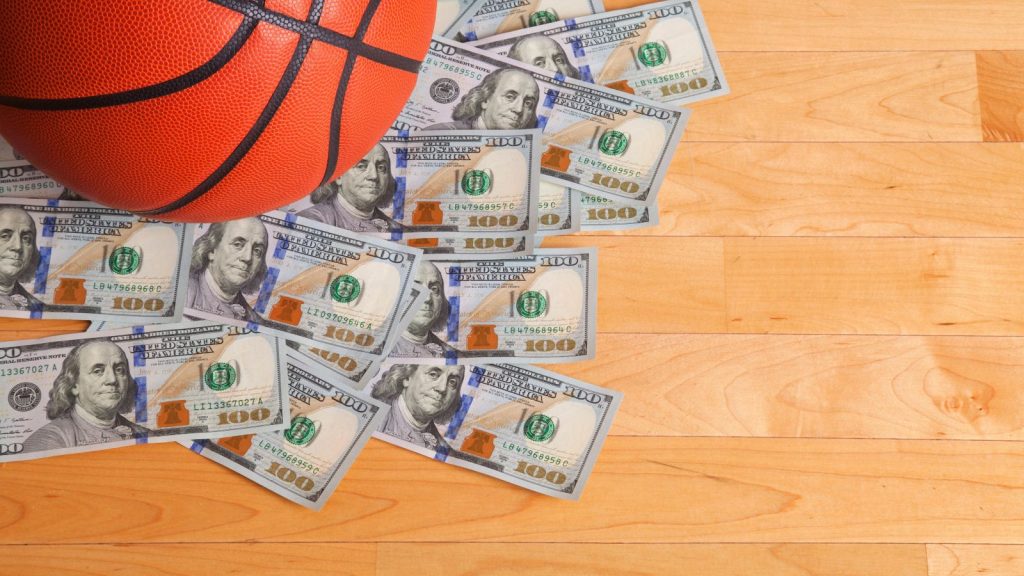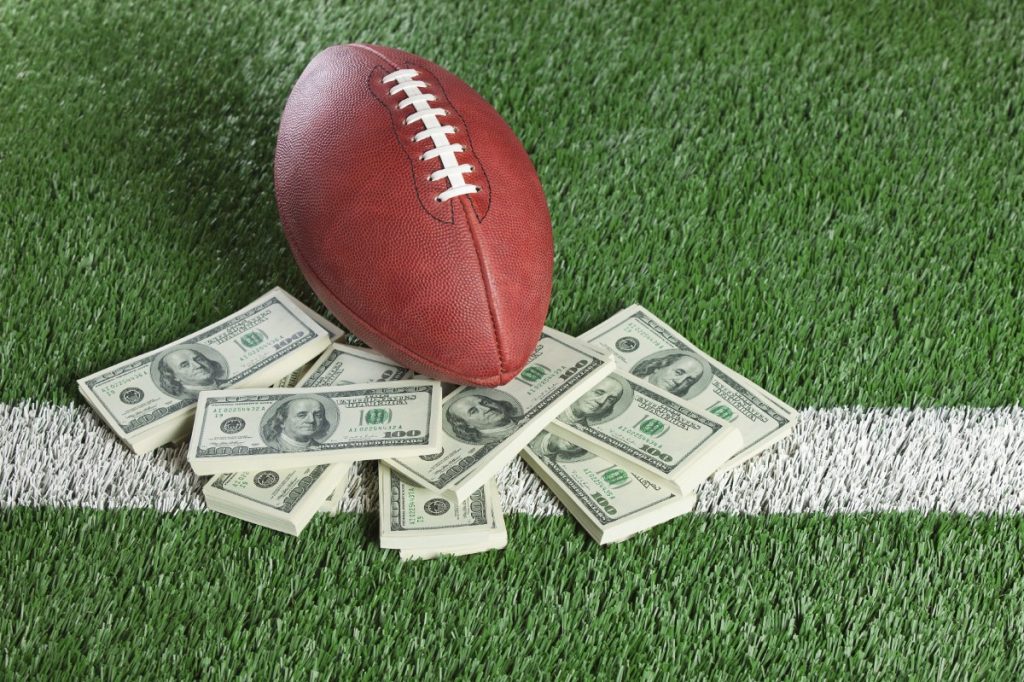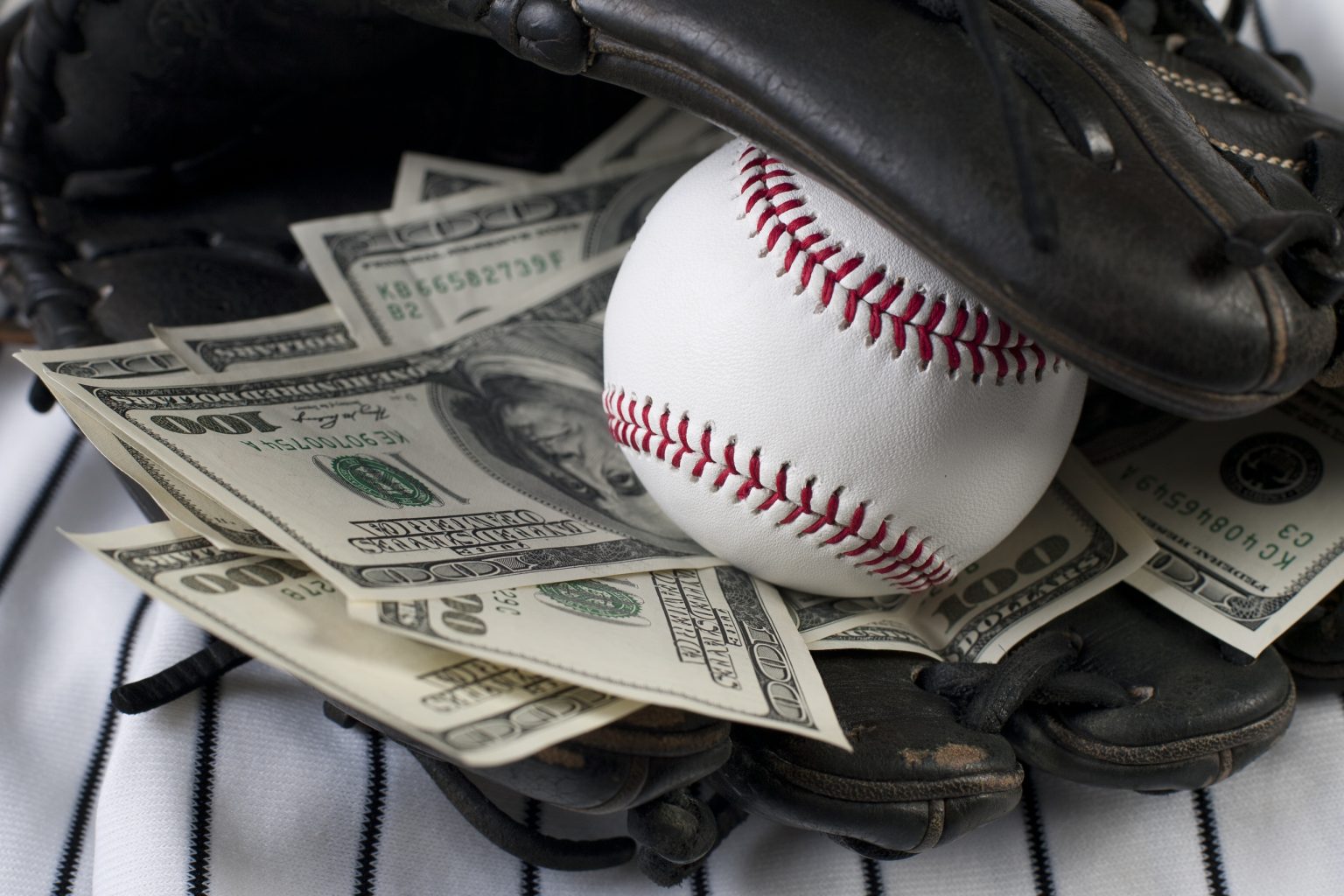How to Win Money Betting
The vast majority of gamblers are under the impression that the theory of probability does not hold any water when it comes to sports betting. The outcome of a sporting event can be determined by a wide variety of factors, including the human element, which plays a significant role.
The Theory of Probability

It was pointed out that this would be the same as believing that gravity does not work on an airplane because it is able to fly despite having a mass of several hundred tons. This is an excellent illustration of the point.
The fact that the outcome of a sporting event is determined by a large number of random factors means that we cannot predict with absolute certainty the likelihood of a particular outcome in advance. However, this does not preclude the rules of mathematics and probability theory from working. These laws exist apart from particular events, axiomatically, and in fact, serve as the foundation for the activity of betting.
Coin
One of the most essential aspects of the coin. The probability of getting one of the sides of a perfect coin is fifty percent, which is equal to half, or 1/2. This indicates that each side should come up approximately once every two times the coin is tossed.
In contrast, in real life, you could flip a coin ten times, and every single time, for instance, the coin would turn up heads. Volatility is the term used to describe this nuance, and it is typically variance that leads many players astray. In point of fact, the value of the probability refers to the frequency with which an occurrence will take place out of an infinite number of possible outcomes. When there are fewer tests, the probability that the actual result will differ from the mathematical expectation in terms of percentage increases. The dispersion can be seen here.
No Win-win Situations
There are no such things as “100% guaranteed” bets or “win-win” wagers. Even the bookmaker does not have accurate information about the likelihood of a sporting event happening. We can say that it can be determined the value of this likelihood by supplying a coefficient for a specific occurrence. And this estimate is roughly equivalent to the coefficient divided by one. A probability of 1/1.10, which is equal to 90.9 per cent, is approximately reflected by a coefficient of 1.10.
What is it that we can put into words as an occurrence that ought to take place nine times out of ten on average? However, we must not overlook the dispersion of the population. Within a short distance, an occurrence that has a particular probability can take place twenty times out of twenty times (which often brings euphoria to inexperienced players who have caught such a successful series, which makes them believe that they are experts, and now they will simply tear the bookmakers apart). Or it may not occur two, three, or even four times in a row, although the latter occurrence will take place fairly rarely, it will still take place on occasion.
Calculating The Odds

If we make the assumption that the odds offered by the bookmaker roughly correspond to the actual probability of the event (which, based on the aggregate of several bets, will not be too far off from the truth), then we can calculate the probability of an unsuccessful series of N lost bets in a row by applying the following formula: (1 – 1 / odds) to the power of N.
This assumes that the odds offered by the bookmaker roughly correspond to the real probability of the event. If we have four consecutive losses of the coefficient 1.10, then the probability is (1 – 1/1.10) to the power of 4, which is equal to 0.0000683, which is rounded to 1 time out of 14,000.
Having said that, don’t forget about the dispersion. This in no way implies that you may “skip” 13,999 times without risk or “hit” exactly the 14,000th time without making a mistake. No, a disaster of this nature can occur to you either much later than the 14,000th time, or immediately—on the first try, as well as more than once in some of the segments of the 14,000 trials, and the odds of each of these happening are exactly the same.
